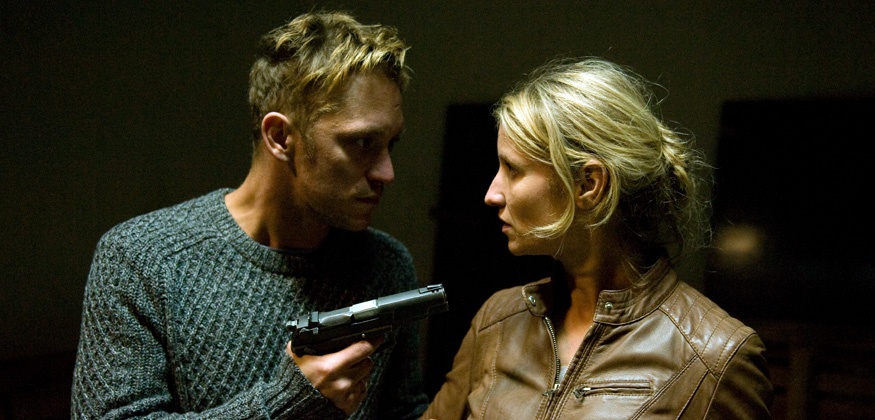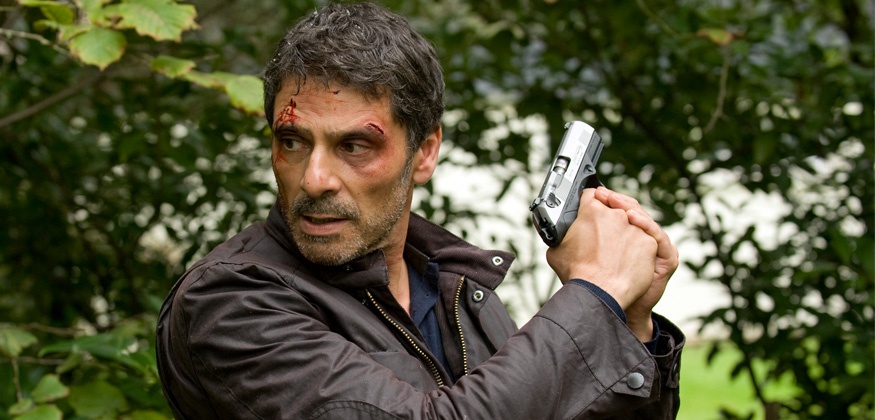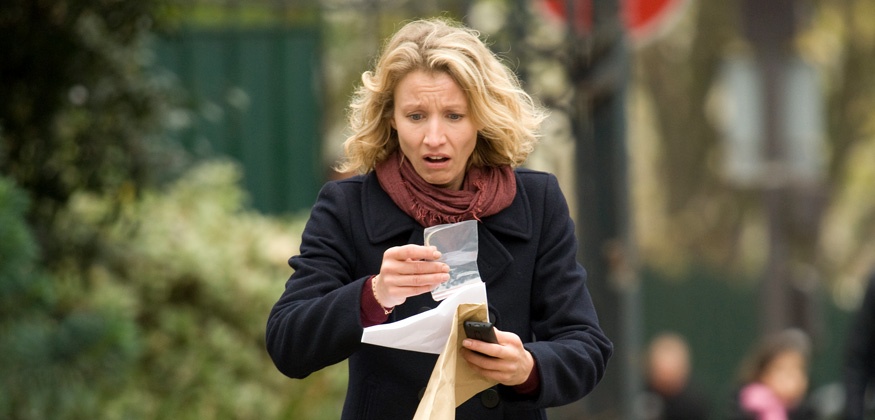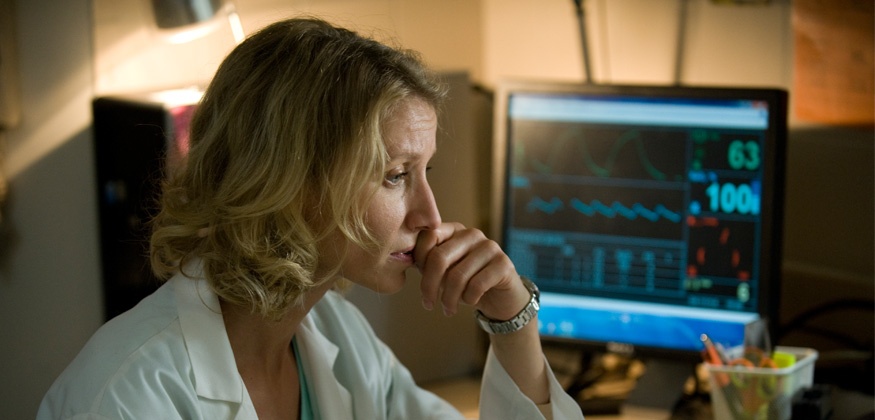
Intense French cop shows like Spiral have gripped viewers on BBC Four, while programmes like Witnesses have demonstrated a skill in producing moody and atmospheric crime stories, similar to Nordic noir. The latest French crime show to air on Channel 4, via the Walter Presents brand, is No Second Chance and it makes no bones about piling on the thrills. With double-crosses, switchbacks, triple-crosses, red herrings and even quadruple-crosses, this is a programme where crime fiction lovers can expect the unexpected.
After all, who expects to get shot in the back and awake from a coma eight days later? And who expects their husband to be murdered and infant daughter kidnapped? This is what happens to Dr Alice Lambert in the first episode of a series that heaps the pain onto its main protagonist, played by Alexandra Lamy. The six-episode programme airs on Channel 4 from 11pm on Sunday 18 August, and you’ll be able to stream it on All4.
From the start, the police seem abrasive and aren’t 100 per cent behind Alice as she tries to get her daughter back. Pretty soon, she’s asked for a ransom of €1 million and the note is specific in its threat: there will be no second chance. Her rich in-laws agree to front up the money. Then, a high-action handover scenario set at the Paris Aquarium, just next to the Eiffel Tower, is hijacked by the police and goes awry when the kidnappers spot the surveillance and manage to take the cash without handing over the child.

All sorts of things are going on, which leave Alice and the police with plenty of leads, but nothing concrete to go on. It turns out Alice’s sister is a heroin addict and has a violent boyfriend called Vince, connected to a criminal gang. The Eastern European guy with the black tooth who grabs the money drives his white transit to a warehouse full of white vans and evades the police after the botched exchange. Then there’s Alice’s former lover Richard Millot (Pascal Elbé), who is on the fraud squad but for some reason is shadowing the homicide investigation. Plus, the kidnappers may have an informant in the force.
The first episode might be slow to get going, but No Second Chance soon cranks up the tension and before long Alice herself is treated as a suspect even though she was shot in the back. When the police seem unsympathetic and incapable of tracking down the villains, she takes matters into her own hands with confrontations, carjackings, shootings and more to follow. New alliances form and dissolve, she has no idea who she can trust, and with the fluffing of the handover she must live with that initial threat… no second chance.
But then, a lifeline. Two years after the abduction a new message arrives saying: ‘Do you want a second chance?’

Based on Harlan Coben‘s 2003 novel No Second Chance, the show is full of the author’s hallmark twists and turns. Key characters are often not what they seem, and a highly resilient hero must step out of a mundane middle-class existence and fight dirty as they take on both the culprits and the police. In the original novel, this was a male character – Dr Marc Seidman. Having a woman in the lead seems even more compelling.
Coben was an executive producer of the programme, which came out in France in 2015 entitled Une chance de trop. His work is well-loved in the country, with his novel 2001 novel Tell No One adapted as the French movie Ne le dis à personne. He is also the co-producer of Safe, an Anglo-French crime show coming soon to Netflix. US viewers can watch No Second Chance on Netflix.













I absolutely loved the first episode and looked forward to seeing the rest of it but there have not been any more episodes since the first one. What is happening why have we not had any more.
It might be that you have to stream them on Walter Presents, which is free in the UK. All six are available here: https://www.channel4.com/programmes/no-second-chance
To say it was improbable is putting it mildly. It became more convoluted and more unlikely as it progressed, though I grant you, the first episode had me hooked. Very poor relation to Tell No One even down to the role of the police.